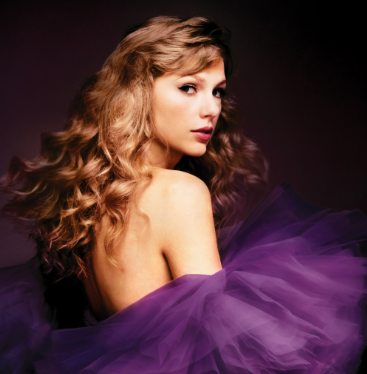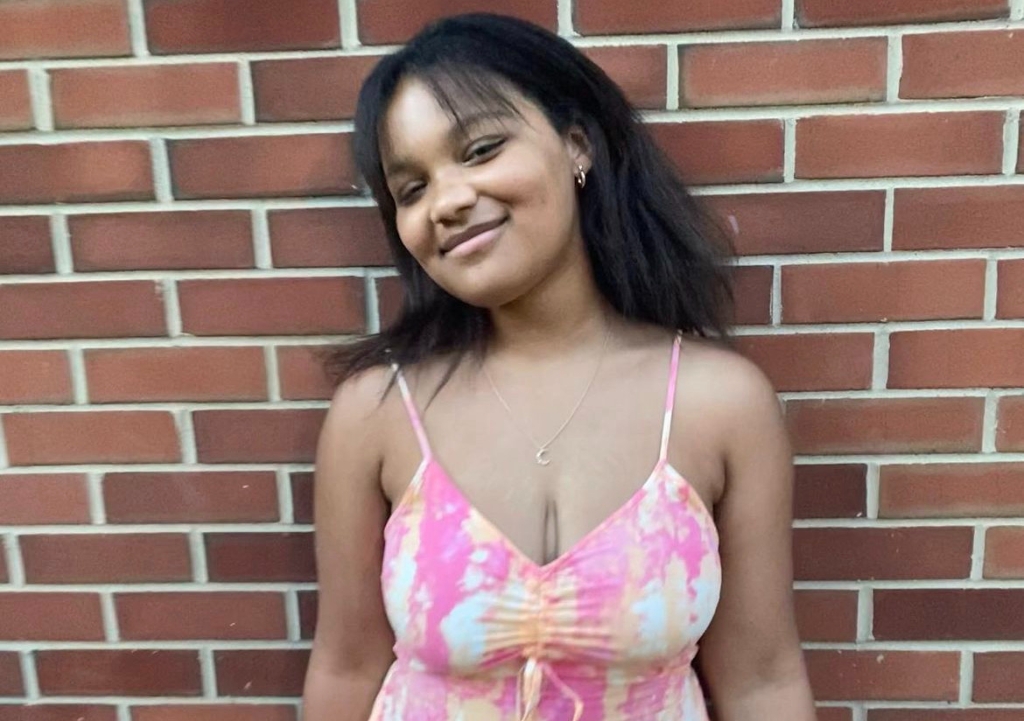As graduation approaches for the class of 2022, students are faced with new challenges and uncertainties as they decide their future path. For those attending college, transitioning to a new environment can be the source of anxiety as questions remain unanswered.
With help from the class of 2021 and 2020, common questions have been answered to help make the upcoming months easier for those with concerns.
Reaching out to alumni, Lauren Miller, 2021 graduate, attends Ohio University as a public health major; Aidan McNamara, 2021 graduate, attends Ohio University as an accounting major; Lukas Evans, 2021 graduate, attends the University of Dayton as a mechanical engineering major; Lauren Callahan, 2020 graduate, attends The Ohio State University as a radiation therapy major.
Q: How can one form new friendships when surrounded by unfamiliar environments and people?
Miller responded, “As silly and cliche as it sounds, leave your dorm door open… during the first week or two we would just stop in each other’s room. Once you find people you click with, keep it going! Ask to go to the dining hall, gym, go get food, anything together!”
McNamara responded, “Be yourself and get involved… Not everyone is going to be your best friend but it’s great to know a bunch of people.”
Evans said, “Go door to door and talk to people.”
Callahan replied, “Don’t be afraid to say hi to strangers. Everyone is equally as nervous and eager to make friends. I found it really helpful to talk to people I sit near in classes and then get coffee or lunch with them!”
Q: Was there anything shocking or unexpected that college freshmen should be aware of?
Miller replied, “Something that surprised me was how nice the professors are. As a high schooler I was told that professors don’t really care if you’re “failing” or missing work, etc; that it’s “your responsibility” but they do care… It’s still so easy to create a good relationship even though class sizes are so much bigger. That’s something that was surprising because I thought it’d be hard to create relationships out of a 100+ class full of students.”
McNamara stated, “That you have to be open to getting out of your comfort zone.”
Evans commented, “The different cultures and slang is super interesting.”
Callahan responded, “Don’t expect to become best friends with the first people you meet. Developing true connections might take time! Also, just because you’re a freshman does not give you less say than upperclassmen.”
Q: How different is the workload from high school?
Miller stated, “For me, the workload wasn’t terrible. Completing work is a lot more doable because the classes aren’t every day. That way, you have some time between getting assigned an assignment, and having to turn it in. Also, a lot of professors assign something on Monday and pick a day that it’s due, like Friday or Sunday for example. This way you have all week to fit into your schedule when to do work and it helps a lot. I’d say work is a lot more flexible because there’s more time to complete it. It’s more work than high school, but there’s more time.”
McNamara replied, “So far this year in my major the workload has been about the same as it was in high school.”
Evans replied, “Much less workload with a high importance on completion.”
Callahan said, “Compared to high school, it is going to be a lot more consequential if you procrastinate. The projects hold more weight and homework seems to be a lot longer. You will need to start working on the assignments almost as soon as you know about them.”
Q: What is it like to be living on your own?
Miller said, “Living on my own doesn’t feel different honestly. It’s not like I have my own house or apartment where I have to literally keep up with it. I just have one side of a room I have to deal with. But it’s nice to have freedom! You can just leave whenever without telling people and no curfews, no asking who can come over, etc.”
McNamara commented, “Living on my own has been really nice. You are able to do what you want when you want.”
Evans stated, “It’s super nice being in charge of my own stuff.”
Callahan commented, “I personally love living on my own. I feel very free to do tasks and errands whenever I desire. I love the sense of independence it gives me. It gives me a great opportunity to learn various life skills that will prepare me for my future.”
Q: How can one help handle distance away from family?
Miller commented, “I think a good way to handle being away from family is honestly to just go home when you need to. There’s nothing wrong with it. After a few weekends, I get the need to go home and relax for a weekend. I want a new place to be in and new people to see just for a few days. I would go home anytime I felt like that and it was nice! It’s a nice refresh to see family, get good food, a break, and sleep in your own bed! If going home isn’t easy, then definitely just call home. Call your parents and get updated on everything that’s going on at home! It’s always a good talk.”
McNamara said, “A way that has been helpful to cope with being away from family is talking to them at least once a week to check-in and see how things are going, at least for a couple of weeks and then you will figure out what works best for you.”
Evans replied, “I’ve had no problems being on my own.”
Callahan replied, “Whenever I feel homesick, it is comforting to know that my family is only one FaceTime, phone call, or text away. If I am feeling a little down from being away from home, being with my friends usually cheers me up! They soon became my family away from home.”
Q: What covid restrictions are there?
Miller stated, “There are covid restrictions but not any that are too intense. We just have to wear masks and “social distance” but… social distancing doesn’t really work out. There are no restrictions that are really holding us back, just masks. But that could all change with the new variant.”
McNamara replied, “The only true restrictions that are on campus is that you have to wear a mask in the buildings and social distance in the classroom. Also based on your vaccination status determines how frequently you get COVID tested. For those who are not vaccinated you get tested once a week or so and those that are vaccinated you can be randomly selected once a month.”
Evans commented, “Only masks in school buildings.”
Callahan said, “We do have to wear masks in every indoor setting at school. Also in the spring semester, regardless of vaccination status, we will get Covid tested weekly. Additionally, a lot of classes for students are still online as opposed to in person.”
BY: Shannon Morris





Leave a comment